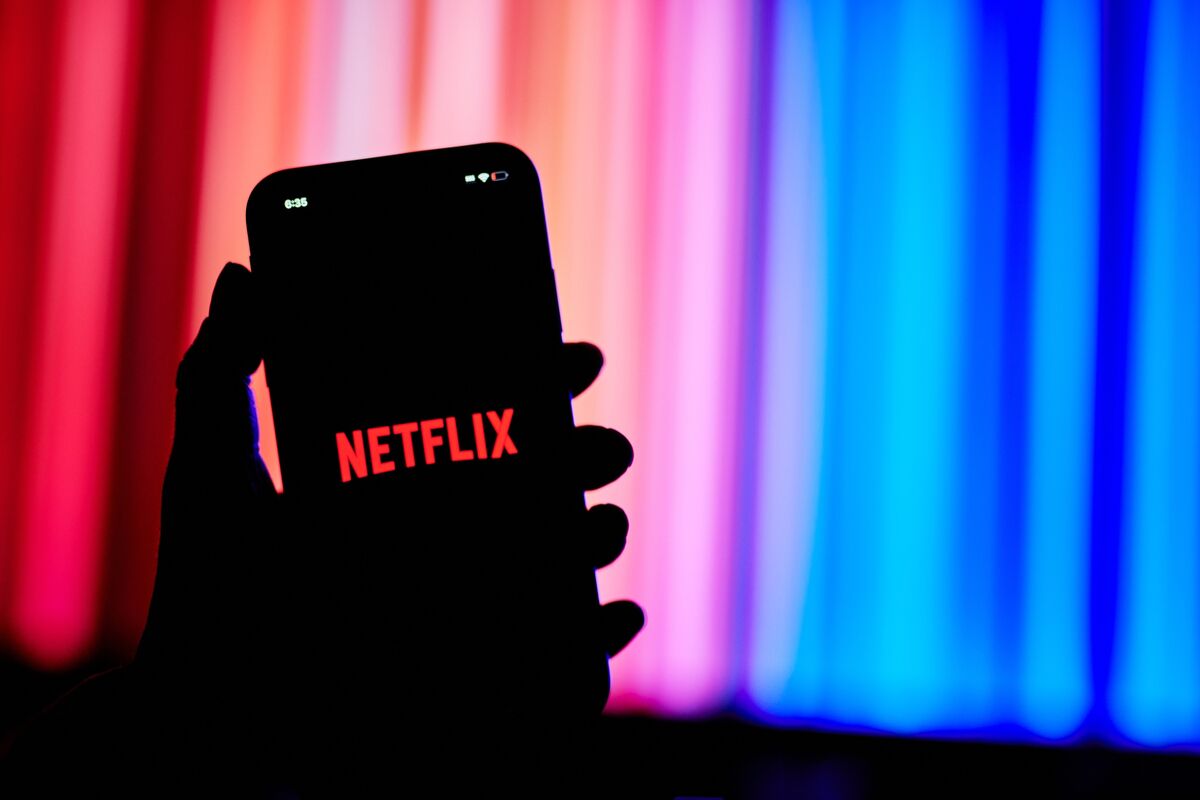Copyright breitbart

An admin for the Serbian Wikipedia who holds “checkuser” privileges on that site, which grants him access to confidential user data, confirmed earlier this year that he has edited for pay, including on the English Wikipedia. Claiming he never misused his data access, the disclosure about his paid editing work has nonetheless sparked an ongoing discussion about the propriety of such users doing paid work on the site. Discussion has favored the view that paid editing should not be permitted for those holding such confidential access, but debate remains bitterly divided with others suggesting it is acceptable, including admins possessing similar confidential access on Wikipedia and its affiliated sites. Paid editing is a recurring problem on Wikipedia, often touted as being edited by unpaid volunteers. Under the Wikimedia Foundation’s Terms of Use, which covers Wikipedia and other sites the Foundation owns, paid editing is permitted provided editors disclose their work and clients. Such “white-hat” paid editing is tolerated, but issues have also arisen with firms getting biased content into articles on clients in politics, tech, and media. Even with a system in place to allow open paid editing, undisclosed work by “black-hat” paid editing firms continues with exposure leading to expansive bans. Political figures have also been found to have significant edits made to their pages by paid editors, close associates, and campaign workers. Editor Zoran Filipović initiated a discussion on the Meta site affiliated with Wikipedia in June. In his opening remarks, he alleged Serbian admin Bojan Cvjetković, who holds numerous advanced privileges on the Serbian-language Wikipedia, has done paid editing work through his company Brisk Web Services. Filipović framed this as self-promotion, though in a subsequent statement Cvjetković objected to this characterization. He acknowledged editing for pay, but stated that he disclosed this work in compliance with the Terms of Use. Insisting he otherwise complied with policy, Cvjetković claimed the discussion was an attempt to discredit him, noting Filipović had been banned from the Serbian Wikipedia. Responding to the complaint, another Serbian Wikipedia admin alleged Filipović “engaged in repeated and targeted campaigns against” Serbian editors and engaged in a “prolonged pattern of stonewalling, trolling, filing false reports, and gaming the system” before escalating by “publishing photos and private information of other editors on Instagram.” Another Serbian Wikipedia admin claimed Filipović posted a “list for liquidation” mentioning various editors, which Cvjetković and other admins confirmed. Filipović contended any list shared was written by another Serbian Wikipedia admin who was banned years later after being identified as an editor previously banned from all Wikipedia-affiliated sites by the community. That former admin was further banned by the Wikimedia Foundation Monday. Filipović was himself banned from all Wikipedia-affiliated sites claiming “cross-wiki abuse” as justification. This came after his account was banned on several sites for posting comments to his personal discussion page regarding his account on those sites, which was claimed as “spam” by local users. One ban noted consulting with people from the Serbian Wikipedia on the matter beforehand. Despite the controversy over who initiated the discussion, Cvjetković’s admission to paid editing quickly sparked questions from others. Sohom Datta, an English Wikipedia admin, responded to Cvjetković that an article he created on the “BetterSleep” app was created outside recommended procedures for editors with conflicts of interest, such as paid editors. Datta further criticized the article for misrepresented citations and noted one citation was actually a paid advertorial, company advertisements made to resemble regular news articles. Noting such edits violate Wikipedia’s neutrality policies, Datta expressed concern about Cvjetković holding checkuser privileges and “interface-administrator” privileges on Serbian Wikipedia, the latter referring to privileges allowing edits to sensitive aspects of Wikipedia’s underlying code. Cvjetković specifically advertised his holding of interface-administrator privileges on his website promoting paid Wikipedia editing. Cvjetković acknowledged the concerns about policy violations, but Datta was only further concerned by a remark stating he made the article “based on content the client wanted published” as inconsistent with his insistence that he was not engaged in inappropriate promotional activities. Previously, Datta had declined a draft page on sleep apps authored by Cvjetković, alleging it was created using an AI platform and contained false citations, an incident he noted in a subsequent response about Cvjetković’s paid editing. Datta argued checkusers often use their access to confidential user data to investigate undisclosed paid editing and that his own paid editing, even if disclosed, was incompatible with possessing such privileges. When a Serbian Wikipedia admin suggested taking the matter to the Serbian Wikipedia, Datta responded that there was a broader question about whether it is appropriate for checkuser privilege-holders to be engaged in paid editing and initiated a new discussion at the Meta site regarding the question. Describing the situation, Datta noted the policy for checkusers does not mention anything relating to paid editing and argued this was an oversight as “having your own paid editing business could have conflict-of-interest implications.” In a survey section of the page, Datta stated paid editing was incompatible with holding checkuser privileges given the sensitivity of privilege-holders having user data access. The resulting discussion has seen numerous editors speaking both for and against allowing paid editing by checkusers. Among those expressing support were numerous admins on Wikipedia-affiliated sites, including the English Wikipedia. Most objected that no specific case of misuse had been identified and stated that as long as policies on paid editing are followed there should be no issue with them holding checkuser privileges. Another Serbian Wikipedia admin with checkuser privileges defended Cvjetković when agreeing there was no conflict between paid editing and use of such privileges. Checkuser privilege-holders at other Wikipedia sites and affiliates have also supported that position. Admins holding checkuser privileges on the English Wikipedia were also among those supporting the idea that paid editing by privilege-holders was acceptable. One checkuser privilege-holder objected to the framing of the discussion, but nonetheless argued there was no inherent issue, with another mocking critics of the idea as fearing “Bond villain” behavior in reference to enemies from the famous British spy franchise. Chris McKenna, who edits as “Thryduulf” on Wikipedia, argued that only failure to follow the relevant rules should be disqualifying. McKenna previously served on the Arbitration Committee, often likened to a Supreme Court, which has oversight regarding checkuser privileges on the English Wikipedia. Others expressing support for allowing paid editing by those with checkuser privileges included stewards, who possess those privileges and all others available to admins on all Wikipedia-affiliated sites. Steward “Xaosflux” argued for leaving the matter to the communities of individual sites with “Ajraddatz” stating he personally didn’t agree with paid editing by those possessing checkuser privileges, but agreed with leaving it up to individual site communities. Ajraddatz also serves on the enforcement committee for the “code of conduct” imposed by the Wikimedia Foundation that owns Wikipedia and its affiliated sites. A Korean Wikipedia admin who supported allowing paid editing by checkuser privilege-holders mentioned many Korean Wikipedia admins engaged in paid editing on behalf of Korean government organizations, including Tourism Korea. This prompted concern on its own, though the admin insisted everything was disclosed and they followed policy. Responding to this disclosure, another user identified several admins with access to confidential user data who disclosed paid editing, including multiple Korean Wikipedia admins paid by the Korea Press Foundation and Gangwon Provincial Office. Multiple comments supporting checkuser privilege-holders being allowed to engage in paid editing cited cases such as professional photographers who upload their images to Wikimedia Commons, an image and file repository affiliated with Wikipedia, or people whose jobs involve contributing to the Wikipecies site documenting various species. Both sites are technically exempt from the undisclosed paid editing restrictions under the Terms of Use. Another comment noted people who contribute to Wikipedia and are employed by educational institutions as technically falling under the category of paid editing. One of those commenting suggested phrasing any policy on checkuser privilege-holders to clearly define paid editing in a way that excludes such exceptions might be acceptable. Discussion of these exceptions and concerns about policy changes affecting all sites prompted Datta to put forward a proposed wording covering desired exceptions. Some who criticized any clear prohibition signaled acceptance of the proposed wording. Opposition to admins holding checkuser privileges engaging in paid editing included many regular users and admins expressing opposition over several months, generally agreeing paid editing is inconsistent with access to confidential user data. This opposition included over half a dozen checkuser privilege-holders on multiple sites, current and former members of the Arbitration Committee, a member of the enforcement committee for the code of conduct, and an employee of the Foundation’s Communications Department. In response to the discussion Cvjetković stated he never misused his privileges to benefit himself or a client in any way and that he never hid his paid editing work. He stated he would comply with any decision on the matter. Currently, he retains his checkuser privileges with discussions on the Serbian Wikipedia about his conduct resulting in no action, partly arguing the broader discussion on the Meta site about checkuser privilege-holders engaging in paid editing should be decided first. Cvjetković’s English Wikipedia article on the BetterSleep app was deleted at the end of July, arguing the app was not notable enough for its own article. Cases of Wikipedia administrators editing for pay, both disclosed and undisclosed, have been a recurring issue. Admin “Wifione” was banned by English Wikipedia’s Arbitration Committee in 2015 after being found to have used multiple accounts, including the admin account, in undisclosed paid edits regarding a controversial private business school in India that is now defunct. Two years ago, an admin account impersonating Spanish indie singer Lourdes Hernandez a.k.a. Russian Red, admitted being the same person behind the Wifione account and was banned. Separately, in 2018, an admin engaged in disclosed paid editing where he used his privileges to facilitate his work and was stripped of his privileges.



